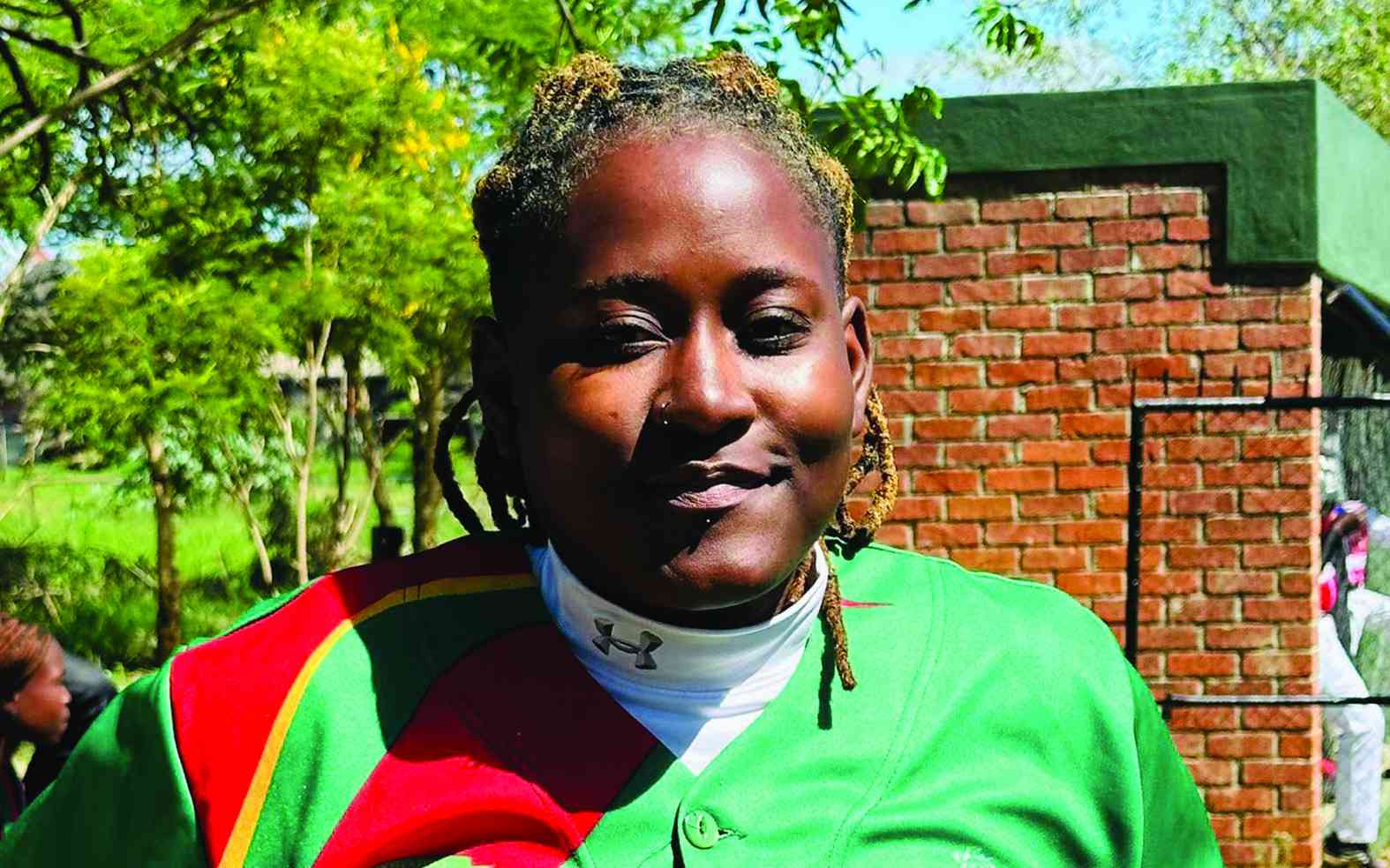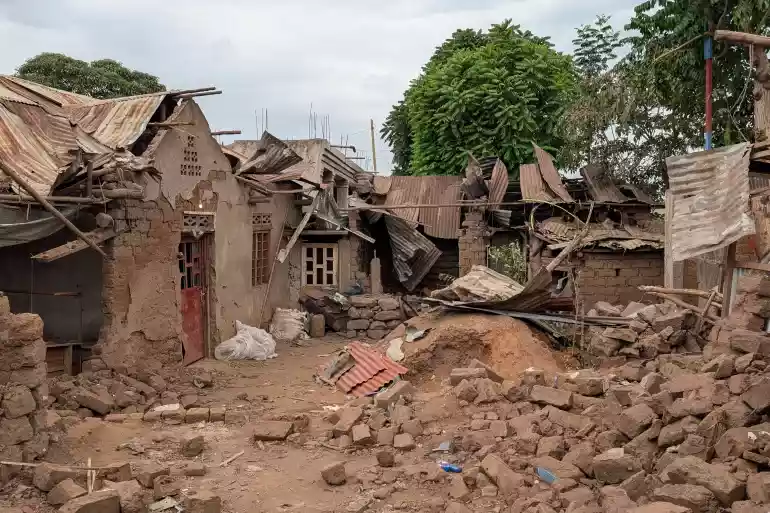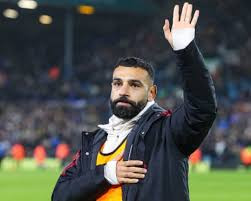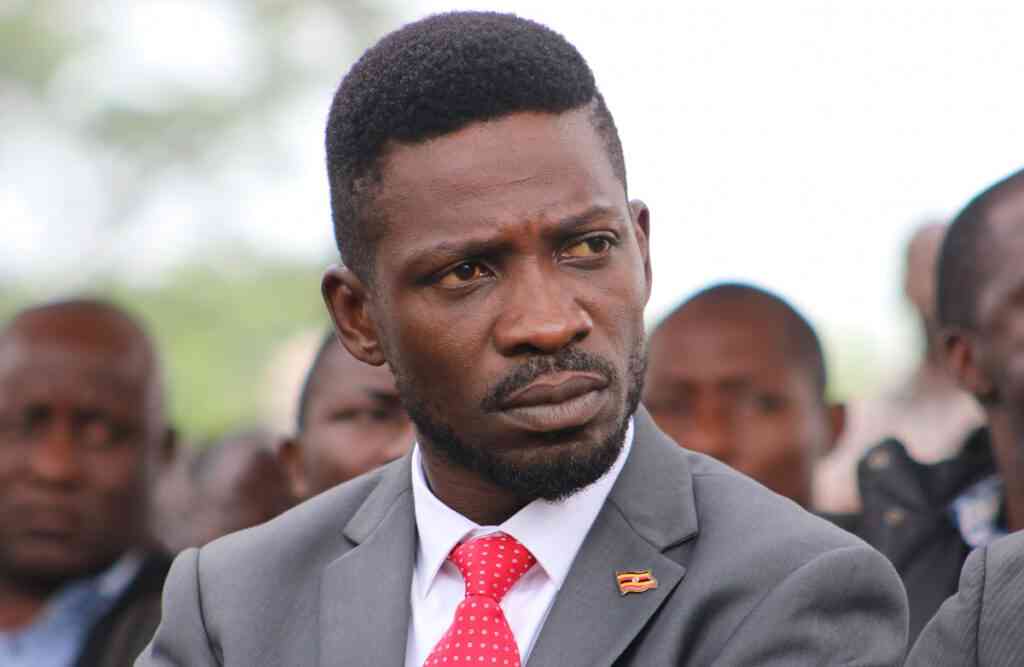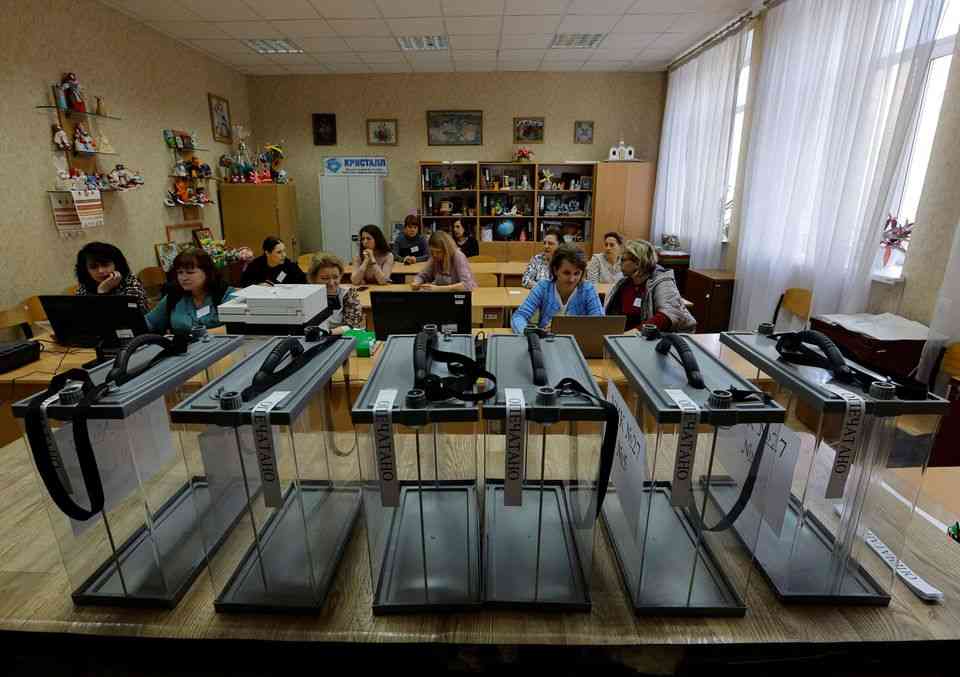
Russia launched referendums in four occupied areas of Ukraine on Friday expected to be used by Moscow to justify annexation, but Kyiv said the voting was mandatory with residents being threatened with punishment if they did not take part.
The votes on whether the regions should become part of Russia began after Ukraine earlier this month recaptured large swathes of territory in a counteroffensive. Russia's seven-month war has killed tens of thousands, uprooted millions and pummelled the global economy.
With Russian President Vladimir Putin also announcing this week a military draft to enlist 300,000 troops to fight in Ukraine, the Kremlin appears to be trying to regain the upper hand in the grinding conflict.
And by incorporating the four areas into Russia, Moscow could portray attacks to retake them as an attack on Russia itself, a warning to Kyiv and Western supporters.
Putin on Wednesday said Russia would "use all the means at our disposal" to protect itself, an apparent reference to nuclear weapons. "This is not a bluff," he said.
The referendums had been discussed for months by Moscow-installed authorities in the four regions but Ukraine's recent victories prompted a scramble to schedule them.
Voting in the provinces of Luhansk, Donetsk, Kherson and Zaporizhzhia, representing about 15% of Ukrainian territory, is due to run from Friday to Tuesday.
"Voting has started in the referendum on Zaporizhzhia region becoming a part of Russia as a constituent entity of the Russian Federation! We are coming home! Godspeed, friends!" said Vladimir Rogov, an official in the Russian-backed administration of that southern region of Ukraine.
- Russia says ready for U.S. prisoner swap talks but scolds embassy
- Russia starts annexation vote in occupied areas of Ukraine
- Ukraine: The focus shifts
- World View: Russo-Ukraine winter war
Keep Reading
KYIV, Sept 23 (Reuters) - Russia launched referendums in four occupied areas of Ukraine on Friday expected to be used by Moscow to justify annexation, but Kyiv said the voting was mandatory with residents being threatened with punishment if they did not take part.
The votes on whether the regions should become part of Russia began after Ukraine earlier this month recaptured large swathes of territory in a counteroffensive. Russia's seven-month war has killed tens of thousands, uprooted millions and pummelled the global economy.
With Russian President Vladimir Putin also announcing this week a military draft to enlist 300,000 troops to fight in Ukraine, the Kremlin appears to be trying to regain the upper hand in the grinding conflict.
And by incorporating the four areas into Russia, Moscow could portray attacks to retake them as an attack on Russia itself, a warning to Kyiv and Western supporters.
Putin on Wednesday said Russia would "use all the means at our disposal" to protect itself, an apparent reference to nuclear weapons. "This is not a bluff," he said.
The referendums had been discussed for months by Moscow-installed authorities in the four regions but Ukraine's recent victories prompted a scramble to schedule them.
Voting in the provinces of Luhansk, Donetsk, Kherson and Zaporizhzhia, representing about 15% of Ukrainian territory, is due to run from Friday to Tuesday.
"Voting has started in the referendum on Zaporizhzhia region becoming a part of Russia as a constituent entity of the Russian Federation! We are coming home! Godspeed, friends!" said Vladimir Rogov, an official in the Russian-backed administration of that southern region of Ukraine.
The referendums have been widely condemned by the West as illegitimate and a precursor to illegal annexation. There will be no independent observers, and much of the pre-war population has fled.
The Organisation for Security and Cooperation in Europe (OSCE), which monitors elections, said the outcomes would have no legal bearing as they do not conform with Ukraine law or international standards and the areas are not secure.
REPORTS OF COERCION, PANICSerhiy Gaidai, Ukraine's Luhansk region governor, said that in the Russian-held town of Bilovodsk, a company director told employees the voting was compulsory and anyone refusing to take part would be fired and their names given to security services.
He said that in the town of Starobilsk, Russian authorities banned the population from leaving the city until Tuesday and armed groups had been sent to search homes and coerce people to get out to take part in the referendum.
"The mood of the Russians is panicky because they were not ready to carry out so quickly this so-called referendum, there is no support, there's not enough people," Yuriy Sobolevsky, the displaced Ukrainian first deputy chairman of the Kherson regional council, said on messaging app Telegram.
"Today, the best thing for the people of Kherson would be not to open their doors."
Ivan Fedorov, the deposed Ukrainian mayor of Russian-occupied Melitopol, part of Zaporizhzhia province, said on Telegram that a loud explosion was heard by residents in the city centre at 7 a.m. local time.
"People are afraid to leave their homes," Fedorov said.
Russia argues that the referendums offer an opportunity for people in the region to express their view.
"From the very start of the operation... we said that the peoples of the respective territories should decide their fate, and the whole current situation confirms that they want to be masters of their fate," Russian Foreign Minister Sergei Lavrov said this week.
Ukraine says Russia intends to frame the referendum results as a sign of popular support, and then use them as a pretext for annexation, similar to its takeover of Ukraine's Crimea in 2014, which the international community has not recognised.
JUSTIFYING SELF-DEFENCEHinting at the Kremlin's strategic calculation in staging the referendums, ex-president Dmitry Medvedev, now deputy head of its national security council, warned Moscow would henceforth deem any attack on the four territories as one on Russia itself.
"Encroachment onto Russian territory is a crime which allows you to use all the forces of self–defence," Medvedev said in a Telegram post on Thursday, adding that any weapons in Moscow's arsenal, including strategic nuclear weapons, could be used.
Referendum results overwhelmingly in favour of Russia are considered inevitable, as in Crimea in 2014.
The plebiscites have been denounced as an illegal farce by world leaders including U.S. President Joe Biden, U.N. Secretary-General Antonio Guterres and French President Emmanuel Macron, as well as NATO, the European Union and the OSCE.
Russia already considers Luhansk and Donetsk, which together make up the Donbas region Moscow-backed proxies partially occupied in 2014, to be independent states.
Russia does not fully control any of the four regions, with only around 60% of Donetsk region in Russian hands.
Ukraine has said the referendums are a sign Russia is running scared. "Any decision that the Russian leadership may take changes nothing for Ukraine," Ukraine President Volodymyr Zelenskiy said on Thursday.
Despite the plan to mobilise reservists, Putin maintains Russia is only carrying out a "special military operation" to demilitarise Ukraine, rid it of dangerous nationalists and defend Russia from NATO.
Kyiv and the West call Russia's actions an unprovoked, imperialist bid to reconquer a country that shook off Russian domination with the 1991 break-up of the Soviet Union.
RUSSIAN GENERAL WOUNDEDUkraine's General Staff said Russia had launched attacks in the Donetsk region and that Ukrainian shelling had wounded a Russian general in the Luhansk region.
"The enemy continues to suffer losses, in particular among the leadership," it said on Friday.
Russia has reportedly lost several high-ranking commanders since the Feb. 24 invasion.
Reuters was unable verify the battlefield reports.

